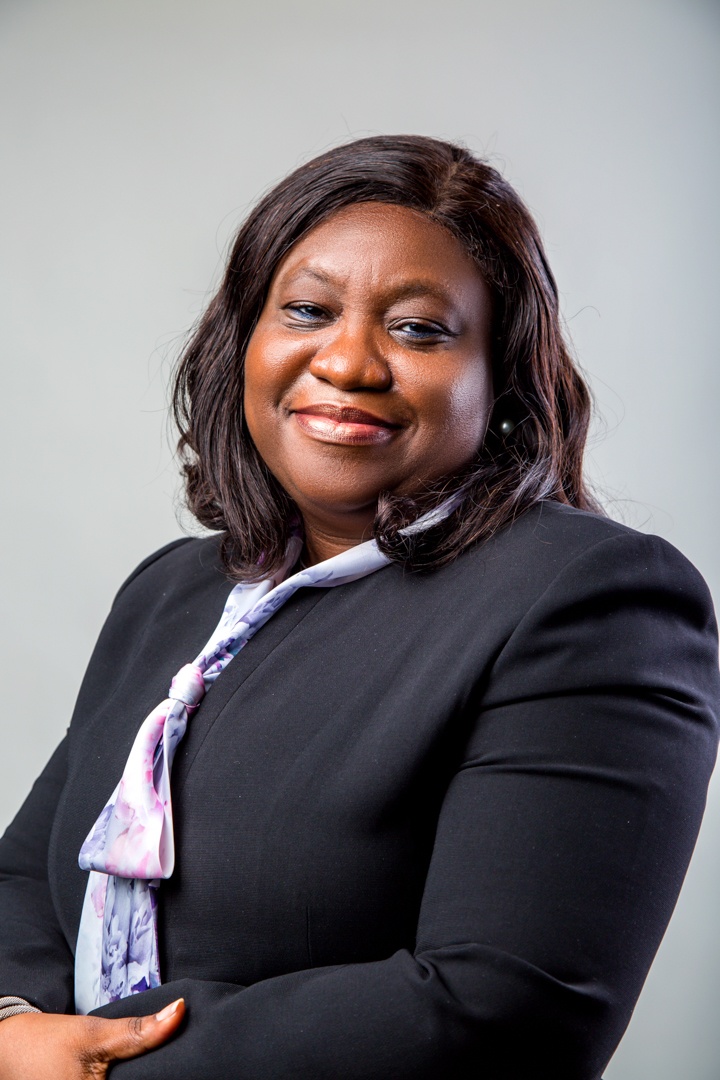
In this interview, Abayomi Olarinmoye, Senior Partner, Real Sector, at Verraki, called for immediate removal of financial barriers preventing access to universal healthcare. She also recommended technology innovation and training for health workers as measures to improving health outcomes in Nigeria.
What is your take on the state of the Nigerian health sector?
According to the World Health Organisation (WHO), Nigeria has one healthcare worker to 2,753 people, whereas the WHO recommends one to 1000 citizens. Per facilities, we have one facility (whether a basic healthcare hospital or a teaching hospital) to 4943 Nigerians. If we look at life expectancy, we see a similar trend; life expectancy in Nigeria is 55.2 years; the African average is 61 years. Access to healthcare is also limited; we have five hospital beds per 10,000 populations in Nigeria. Most hospitals are in urban areas, impacting access in rural areas. Where primary healthcare in rural areas is characterised by insufficient hospitals and health workers, this becomes a challenge. In terms of affordability, 40 per cent of the population live below the poverty line and cannot afford healthcare. This impacts our healthcare spending per capita as one of the lowest.
How does healthcare in Nigeria compare with other sub-Saharan African nations?
Not as well as one would like. Namibia, for instance, has 27 beds per 10,000 of population, South Africa has 23, and Ghana has nine per 10,000. We have five. Based on publicly available WHO health indices for Africa, Namibia, South Africa, and even Ghana appear to be faring better than us. When you look at healthcare financing across sub-Saharan Africa, Nigeria is one of the places where people spend the most money out of their pockets for their healthcare, as high as 70 per cent; that means what you put down for your healthcare is more than what the government pays or your health insurer (if you have one), pays on your behalf. In other sub-Saharan Africa countries, the average is 34.5 per cent. This out-of-pocket cost drops down to 13.84 per cent in Organisation for Economic Co-operation and Development (OECD) countries and other advanced nations.

